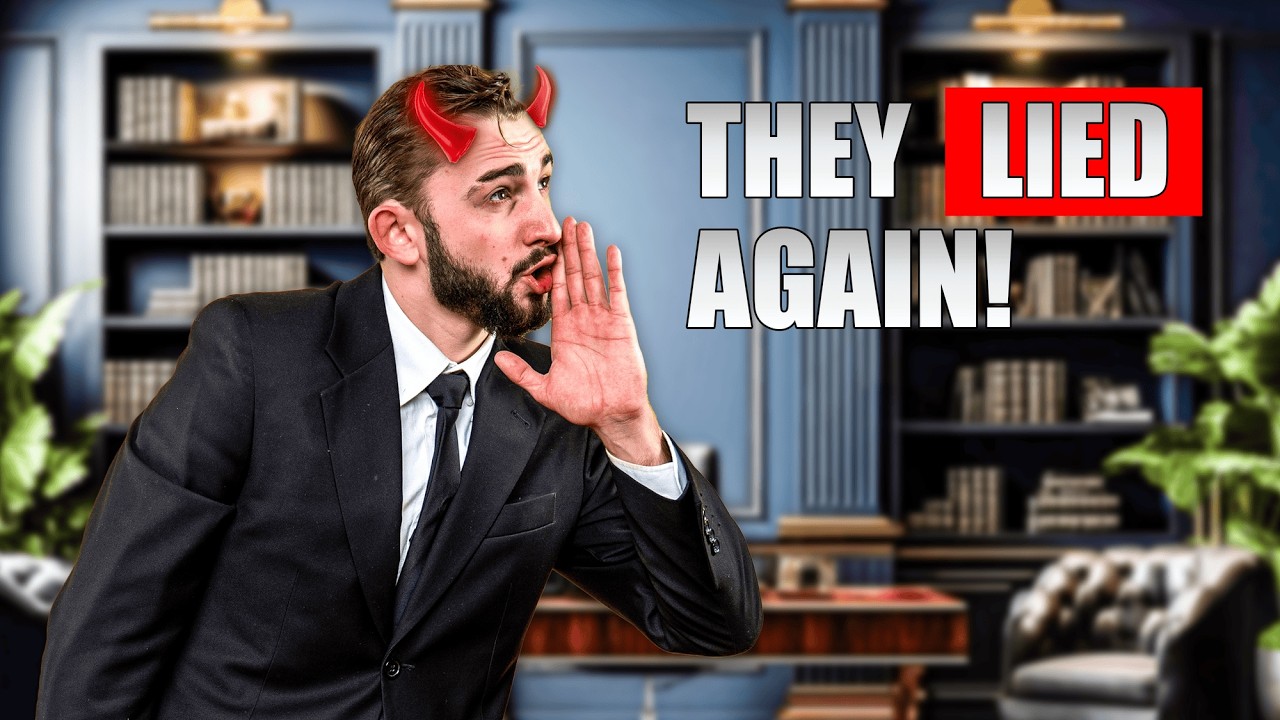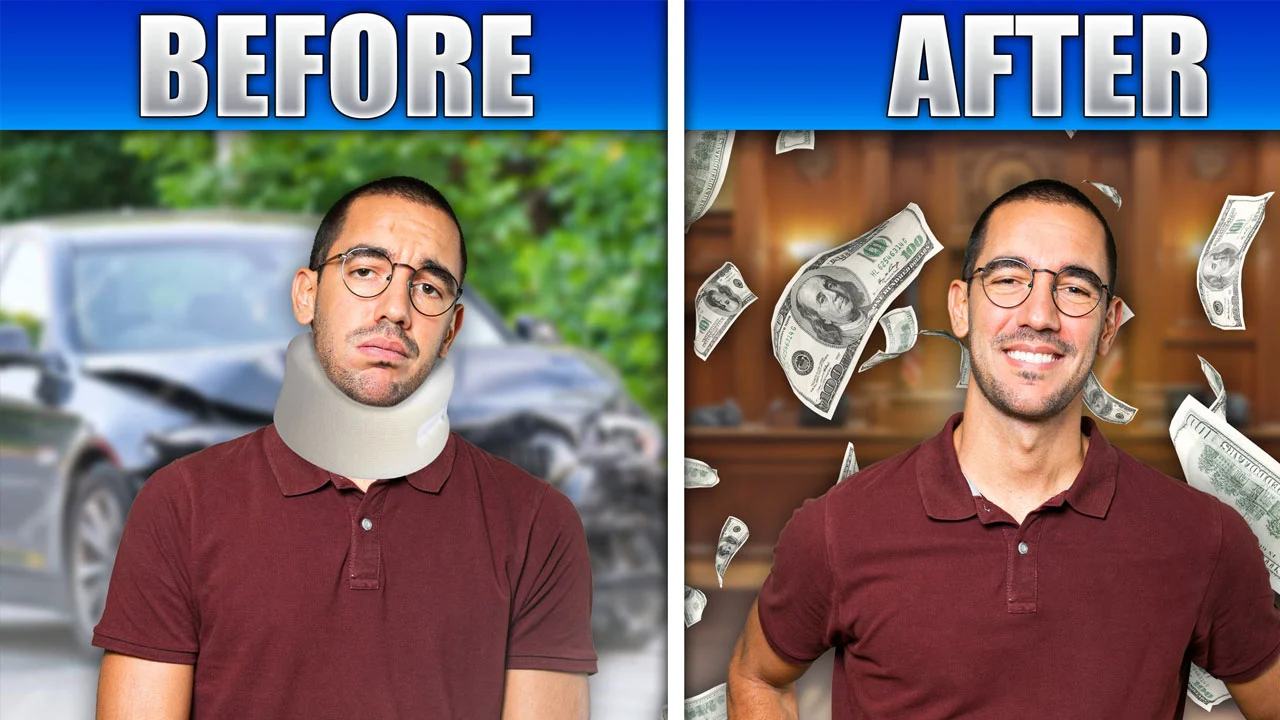Insurance companies will not just hand you money if you have an injury claim. You see, I used to be an attorney for insurance companies and saw this firsthand. Insurance companies routinely offer injury victims low amounts to settle their injury cases because they know some injury victims will be desperate enough to take the lowball settlement or don’t want to put in the work to secure fair compensation. In this video, I will teach you what you should do if you receive a lowball settlement offer in your case. To do so, let me tell you the story of my past client, Catherine.
Catherine’s Story
Catherine’s case involves a slip and fall incident. But what I’m about to teach you in this video applies to any type of personal injury case, including motor vehicle accidents, dog attack incidents, and any other type of personal injury claim. Catherine was over 80 years old at the time of her fall. She was leaving a restaurant near an exit when she tripped on a hump in the rug near the exit that she did not see. She took a hard spill. Her primary injuries from the fall included two fractures on her left cheek and two nose fractures. Her total medical expenses incurred for treatment for injuries sustained in the accident totaled a little over $15,000.
My office began representing Catherine several months following her incident. A written demand package, along with photographs depicting Catherine’s injuries, including significant bruising on her face, along with her medical records and bills, was sent to the insurance company for the restaurant. In response to the demand package, the insurance company made a lowball offer in the amount of $1,800, disputing that the restaurant had any liability for Catherine’s injuries.
Filing a Lawsuit
In response to the lowball offer, we filed a lawsuit against the restaurant. We were ready to litigate Catherine’s case all the way to trial if necessary. This put pressure on the insurance company for a few reasons:
- The insurance company has a duty to protect its insured restaurant so as to not expose its insured to a judgment in excess of the policy limits.
- The insurance company also had a duty to make good-faith offers to Catherine.
- Because we filed a lawsuit, the insurance company would now have to pay a defense lawyer to defend the lawsuit and pay for any other expenses associated with litigation.
Realizing all that, this particular insurance company came to its senses and reached out to us with a much more reasonable offer. From there, we negotiated back and forth for about a week before we finally reached a settlement in the amount of $150,000. Catherine was thrilled. We got her case settled for over 80 times the amount the insurance company had offered before we filed the lawsuit.
Responding to a Lowball Offer
If an insurance company makes you a lowball offer after you have presented them with all the key evidence of your case, the best way to respond, in my opinion, is by simply filing a lawsuit. Now, the insurance company is not always going to just make you a reasonable offer right after you file a lawsuit like they did in Catherine’s case. So that means after filing a lawsuit, you must be willing to litigate your case and take it to trial if necessary.
By filing a lawsuit, you begin to put pressure on the insurance company. It’s been my experience that in the vast majority of cases, an insurance company will make injury victims a reasonable offer at some point after filing a lawsuit and litigating a case. If you have an injury claim and the insurance company makes you a lowball offer, fight back. File a lawsuit and show the insurance company that they need to take you seriously.
Additional Tips
But the thing is, filing a lawsuit and litigating your case is not the only thing you can do to possibly get a big payout in your injury case. In fact, in this video about to pop up right here, I’ll tell you one lawyer trick that you can use in your injury case that you should know could possibly lead to a big payout in your case.








Recent Comments